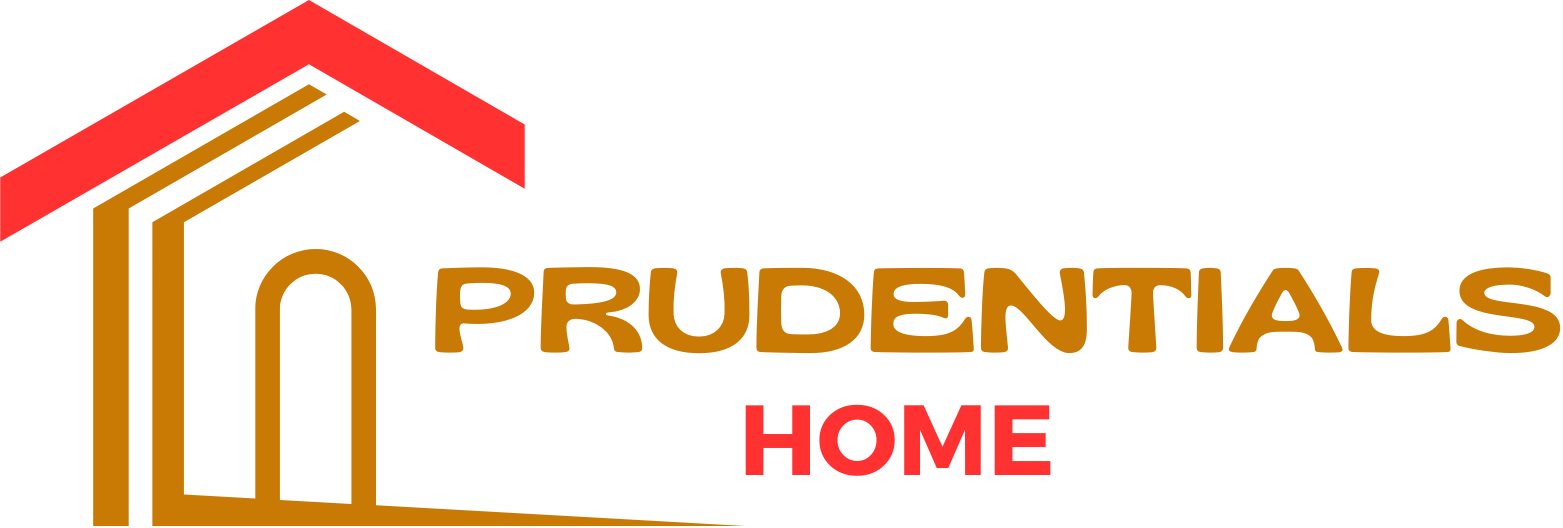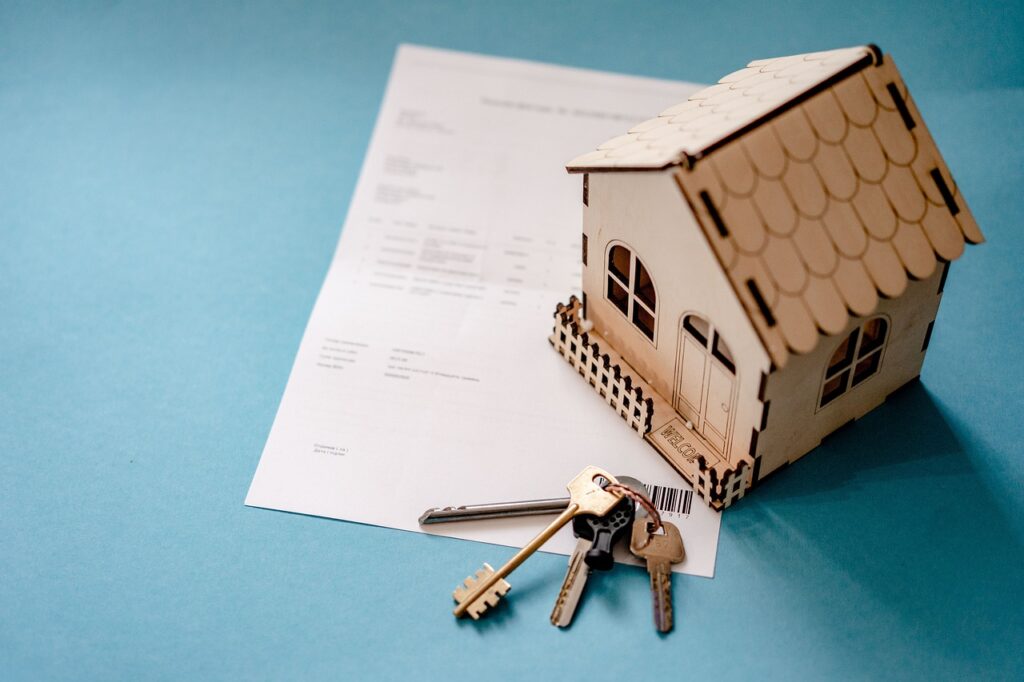Owning a home is a significant milestone, but it also comes with its challenges. One of the most daunting is the possibility of not being able to pay your mortgage. Whether due to job loss, unexpected medical bills, or other financial hardships, missing mortgage payments can have serious consequences. However, there are steps you can take to navigate this difficult situation. Here’s a comprehensive guide on what to do if you can’t pay your mortgage.
Assess Your Financial Situation: The first step is to take a clear, honest look at your finances. List all your income sources, expenses, and debts. This will help you understand how severe your financial situation is and what changes you might need to make.
Contact Your Lender: Don’t wait until you’ve missed a payment. Contact your lender as soon as you realize you might have trouble making your mortgage payments. Lenders often have programs to help borrowers in financial distress. They would rather work with you than go through the costly process of foreclosure.
Explore Mortgage Assistance Programs: There are several federal and state programs designed to assist homeowners who are struggling to make their mortgage payments:
- Federal Housing Administration (FHA) Programs: If your loan is FHA-insured, you might qualify for special forbearance, loan modification, or a partial claim.
- Making Home Affordable (MHA) Programs: Though many MHA programs have ended, some components, like the Home Affordable Modification Program (HAMP), may still be available through private lenders.
- State Assistance Programs: Check if your state offers any mortgage assistance programs.
Consider Loan Modification or Refinance:
- Loan Modification: This involves changing the terms of your loan to make your payments more affordable. This could mean extending the term, lowering the interest rate, or reducing the principal.
- Refinance: If you have equity in your home, refinancing might lower your monthly payments. However, this option may not be available if your credit has been negatively impacted by missed payments.
Look Into Forbearance: Forbearance is an agreement between you and your lender to temporarily reduce or pause your mortgage payments. This can provide short-term relief, but keep in mind that you’ll still need to repay the missed payments later.
Sell Your Home: If keeping your home is not financially feasible, selling it might be the best option. If you have equity, selling your home can help you pay off the mortgage and avoid foreclosure. In some cases, a short sale (selling the home for less than the mortgage balance) might be possible with your lender’s approval.
Bankruptcy as a Last Resort: Filing for bankruptcy should be considered a last resort, as it can have long-lasting effects on your credit. However, it might help you avoid foreclosure and provide a fresh start financially. Consult with a bankruptcy attorney to understand your options.
Seek Financial Counseling: Non-profit organizations like the Department of Housing and Urban Development (HUD) offer free or low-cost housing counseling. A counselor can help you understand your options, negotiate with your lender, and develop a plan to manage your debt.
Final Thoughts: Facing the possibility of not being able to pay your mortgage can be overwhelming, but remember that you’re not alone. There are resources and professionals available to help you navigate this difficult time. Taking proactive steps, communicating with your lender, and exploring all available options can make a significant difference in your ability to manage your mortgage and maintain your financial stability.
For more information, you can visit the Consumer Financial Protection Bureau (CFPB) website or consult with a HUD-approved housing counselor.



